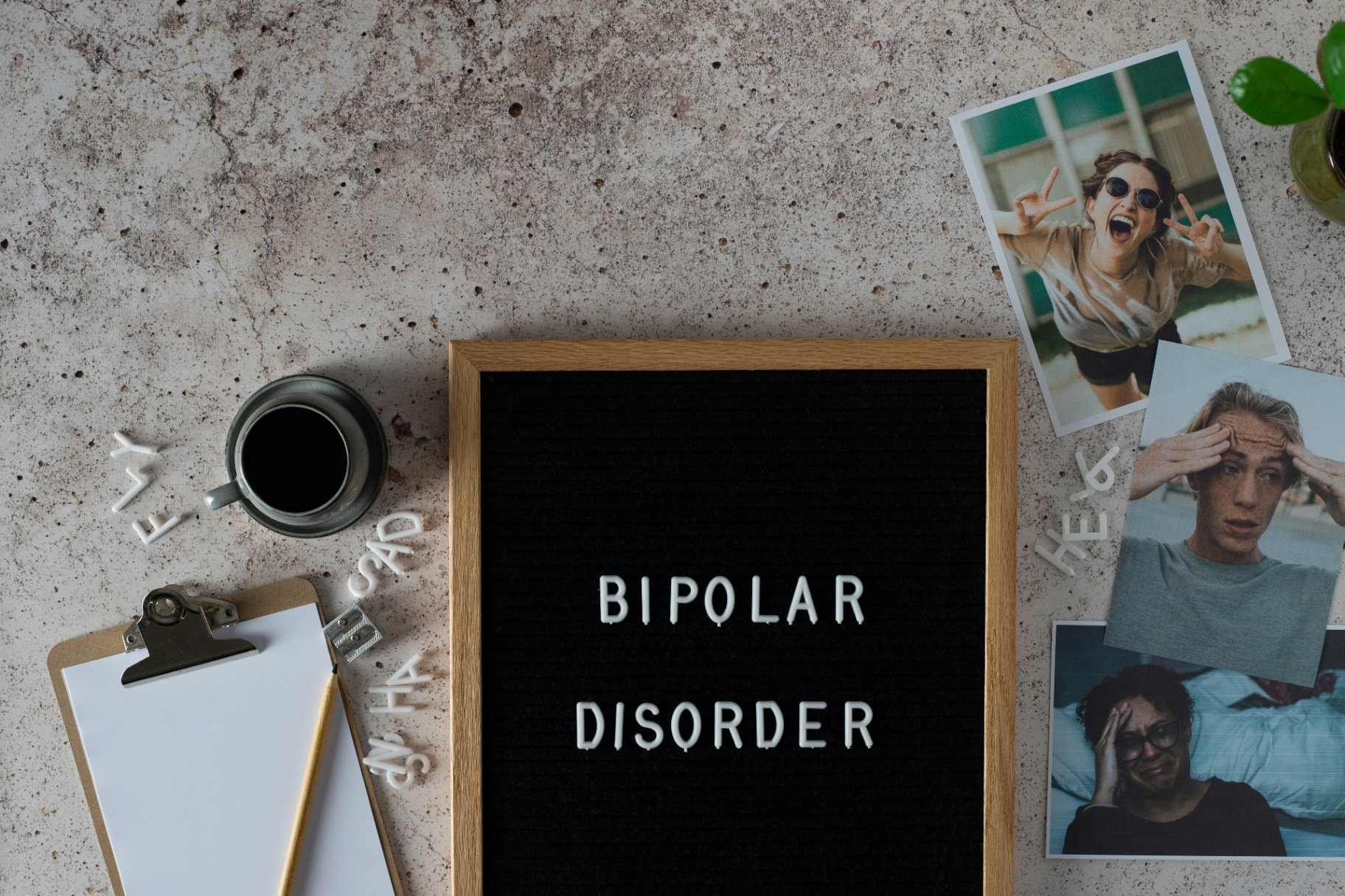Navigating Bipolar Disorder: Understanding the Challenges in Relationships

Bipolar disorder is a complex and multifaceted mental health condition characterized by extreme fluctuations in mood, energy levels, and behavior. From euphoric highs to debilitating lows, individuals with bipolar disorder traverse a tumultuous emotional landscape that can profoundly impact their relationships with others. In this blog post, we’ll delve into the intricacies of bipolar disorder—exploring its symptoms, unraveling its effects on relationships, and highlighting the role of therapy in fostering healthier connections.
Understanding Bipolar Disorder
At its core, bipolar disorder is defined by recurrent episodes of mania or hypomania—periods of heightened energy, impulsivity, and euphoria—and depression—periods of overwhelming sadness, lethargy, and despair. These mood swings can vary in intensity and duration, ranging from mild to severe and lasting for days, weeks, or even months at a time. In between these episodes, individuals may experience periods of relative stability, known as euthymia.
Symptoms of bipolar disorder may manifest differently in each individual but often include:
Manic/Hypomanic Episodes:
- Elevated mood or irritability
- Increased energy and activity levels
- Racing thoughts and distractibility
- Impulsive or risky behavior
- Decreased need for sleep
- Grandiose beliefs about one’s abilities
Depressive Episodes:
- Persistent sadness or hopelessness
- Loss of interest in previously enjoyed activities
- Fatigue or low energy levels
- Changes in appetite or weight
- Sleep disturbances
- Feelings of worthlessness or guilt
- Suicidal thoughts or behaviors
The Impact on Relationships
Living with bipolar disorder can present unique challenges in interpersonal relationships. The unpredictable nature of mood swings can strain communication, erode trust, and disrupt daily routines, leading to conflict and misunderstanding. During manic episodes, individuals may engage in impulsive or reckless behavior that jeopardizes their relationships and financial stability. Conversely, depressive episodes can leave individuals withdrawn, emotionally distant, and unable to engage fully in their relationships.
Moreover, the stigma surrounding mental illness can further exacerbate the challenges faced by individuals with bipolar disorder, leading to feelings of shame, isolation, and self-doubt. Loved ones may struggle to understand or support their partner’s or family member’s condition, inadvertently perpetuating feelings of alienation and rejection.
Seeking Support Through Therapy
While bipolar disorder can pose significant obstacles in relationships, it’s essential to recognize that with the right support and treatment, individuals can learn to manage their symptoms and cultivate healthier connections. Therapy, particularly modalities such as cognitive-behavioral therapy (CBT), psychoeducation, and family therapy, can play a pivotal role in helping individuals and their loved ones navigate the complexities of bipolar disorder.
At Relevant Connections, our team of compassionate therapists specializes in supporting individuals and families affected by bipolar disorder. With four convenient locations in Frisco, Plano, and Las Colinas, and virtual therapy options, we’re here to provide the guidance and resources you need to build stronger, more resilient relationships. Don’t let bipolar disorder dictate the course of your relationships—reach out today and take the first step toward healing and connection.
